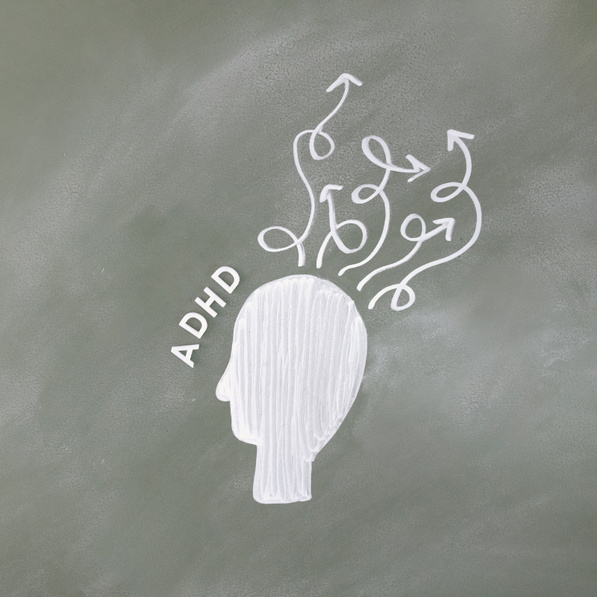GRIEF AND LOSS COUNSELLING SERVICES

Dealing With Grief and Loss
Women's health counseling is a specialized form of counseling that focuses on addressing the unique physical, mental, and emotional health concerns that women may face throughout their lives. It provides a safe and supportive space for women to explore their health challenges, seek guidance, and work towards improving their overall well-being. Women's health counseling covers a wide range of topics, including reproductive health, hormonal changes, mental health, relationships, and self-care.
Does Counselling Help in Dealing With Grief and Loss?
Grief counseling can be highly beneficial for individuals who are struggling with the impact of grief and loss. It offers several advantages, including:
-
Validation and Emotional Support: Grief counselling provides a safe and non-judgmental space for individuals to express their emotions, thoughts, and concerns related to their loss. The counselor offers validation, empathy, and understanding, helping individuals feel heard and supported.
-
Understanding the Grieving Process: Grief counselling helps individuals understand the complexities of the grieving process. It provides information about the emotional, physical, and cognitive responses that are commonly experienced during grief. Understanding these responses can alleviate some of the confusion and provide reassurance that their reactions are normal.
-
Coping Strategies and Tools: Grief counselling equips individuals with coping strategies and tools to navigate through the grieving process. It offers practical techniques to manage grief-related symptoms, such as anxiety, depression, insomnia, and loss of appetite. Counselors may provide relaxation techniques, journaling exercises, and self-care strategies tailored to the individual's needs.
-
Building a Support Network: Counselling can help individuals identify and build a support network of friends, family, or support groups who can provide ongoing support and understanding. It encourages individuals to reach out for help and connect with others who have experienced similar losses, fostering a sense of belonging and community.
-
Meaning-Making and Healing: Grief counselling supports individuals in finding meaning and healing amidst their loss. It helps individuals explore their beliefs, values, and spirituality to make sense of their experiences. Counselors may guide individuals in creating rituals, memorializing their loved ones, or finding ways to honor their memory.
Methods Used in Grief Counselling
Grief counseling incorporates various evidence-based methods and approaches to support individuals in their journey through grief. Some commonly used methods include:
-
Supportive Counseling: Supportive counseling provides a compassionate and empathetic environment for individuals to share their feelings and memories related to their loss. The counselor offers validation, active listening, and emotional support throughout the grieving process.
-
Cognitive-Behavioral Therapy (CBT): CBT helps individuals identify and challenge unhelpful thoughts and behaviors associated with grief. It focuses on reframing negative thinking patterns and developing healthier coping mechanisms. CBT can also address any co-occurring conditions, such as depression or anxiety.
-
Complicated Grief Therapy: Complicated grief therapy is a specialized form of counseling designed for individuals who experience prolonged and intense grief reactions. It aims to help individuals process their grief, manage distressing symptoms, and adjust to life without their loved ones.
-
Grief Support Groups: Grief counseling may involve participation in grief support groups. These groups provide individuals with an opportunity to connect with others who have experienced similar losses. Sharing stories, insights, and coping strategies in a group setting can be therapeutic and validating.
-
Expressive Therapies: Expressive therapies, such as art therapy, music therapy, or journaling, can be integrated into grief counseling. These creative modalities provide alternative avenues for individuals to express and process their emotions, memories, and grief experiences.
Remember, grief counseling is a personal and individualized process. Counselors work collaboratively with individuals to honor their unique experiences and support them in finding meaning, healing, and adjustment in the face of grief and loss.


















